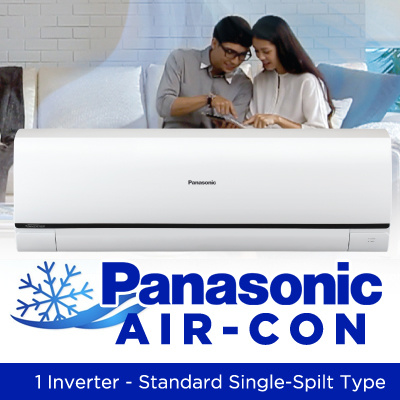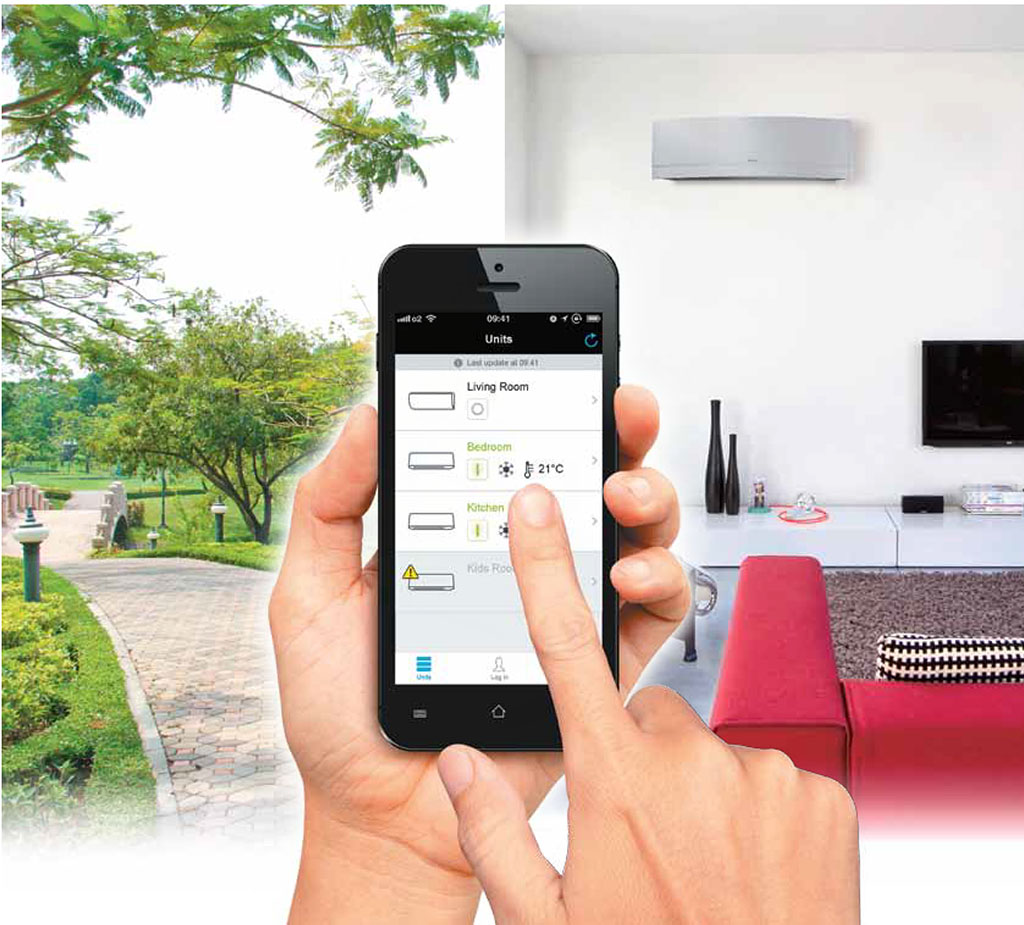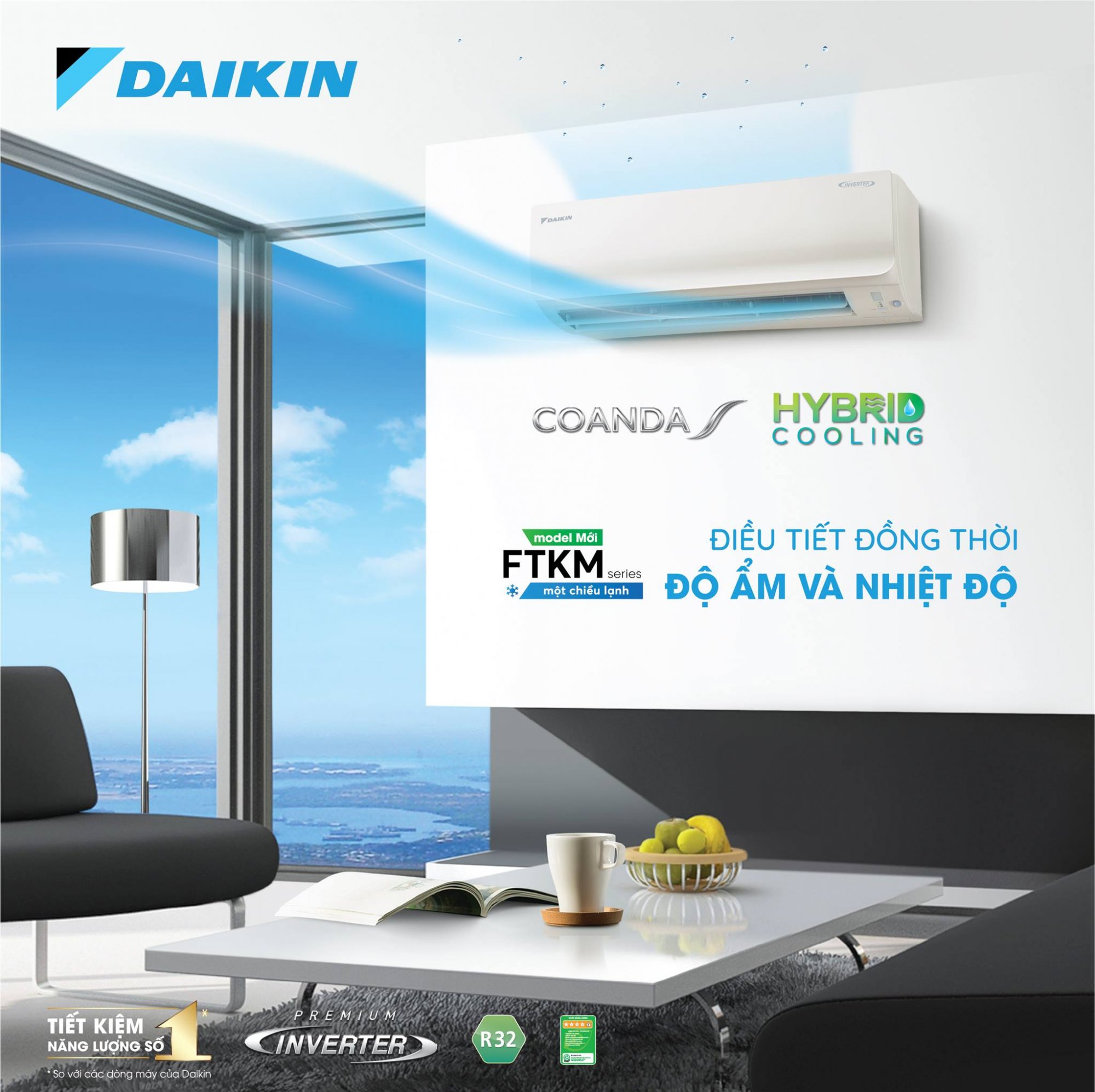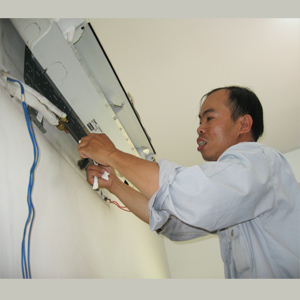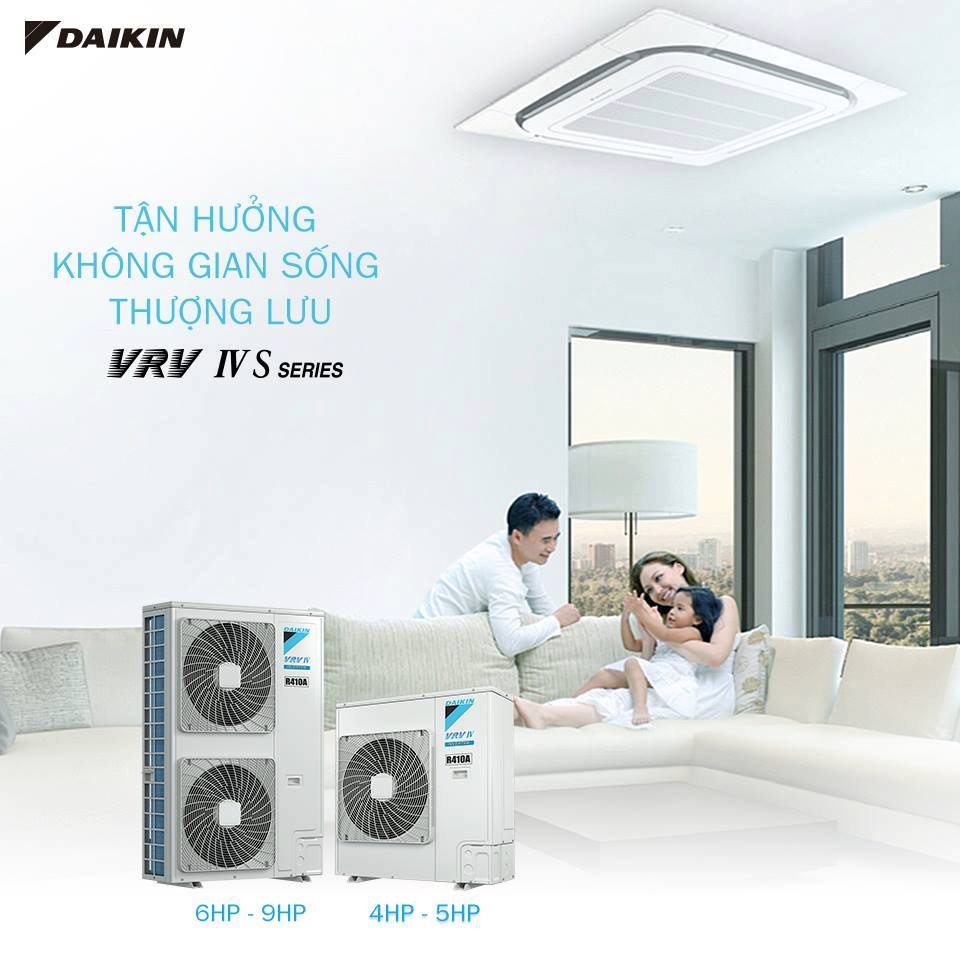Table of Contents
(March 2021) Panasonic Vietnam Company announced, Texcell Global Exposure Research Organization*1 has verified the ability to inhibit the SARS-CoV-2 virus of Panasonic air conditioners equipped with nanoe™ X technology; accordingly, Texcell*1 confirmed that turning on an air conditioner equipped with nanoe™ X within 8 hours could inhibit 91.4% of the activity of SARS-CoV-2 in the space of 6.7m3.
Nanoe™ X is a technology that collects moisture from the air and uses a quadruped counter electrode to generate large quantities of "water-coated hydroxyl radicals." The hydroxyl radical (OH) can inhibit the growth of contaminants such as bacteria and viruses. The characteristics of radicals (OH) are high oxidizing capacity and do not last long. When encapsulated in water, nanoe™ X has a long lifespan and can spread over long distances. The radical (OH) effectively inhibits both airborne viruses and surface-adherent viruses.
Previously, in September 2020, Panasonic collaborated with Texcell*1 to verify nanoe™ X technology's ability to inhibit the SARS-CoV-2 virus in a 45L volume with the nanoe™ X transmitter enabled. Accordingly, Panasonic has tested air conditioners equipped with nanoe™ X technology in a larger space to have broad conclusions. However, even in this condition, Texcell has confirmed nanoe™ X can inhibit 91.4% of the SARS-CoV-2 virus activity in the natural area of 6.7m3 after 8 hours of turning on the air conditioner equipped with nanoe™ X technology. Test was performed in an enclosed laboratory environment and is not designed to evaluate effectiveness in uncontrolled living spaces.
Panasonic has been conducting research on this technology for more than 20 years, since 1997. It has verified its effectiveness in many areas, including inhibiting pathogenic microorganisms (bacteria, fungi, and viruses), allergens, and disrupting components in PM2.5 fine dust that affect the human body* 2.
Panasonic will continue to exploit the potential of nanoe™ X technology to solve problems related to air pollution, such as new pathogenic microorganisms, to provide a healthy, safe and comfortable living environment. for people around the world.
| ReferenceThe Panasonic air conditioner is equipped with nanoe™ X technology. As a result, SARS-CoV-2 activity is inhibited by 91.4% Máy lạnh Panasonic inverter CU/CS-XU9UKH-8 |
Refer:
In a 6.7m3 space, what tested the inhibitory effect of the nanoe™ X -equipped conditioner on the new coronavirus (SARS-CoV-2).
-
Overview
A comparative test was conducted in the space of 6.7m3 containing the new coronavirus (SARS-CoV-2)
-
Result
Over 91% of new coronavirus (SARS-CoV-2) activity is inhibited within 8 hours.
Note: The trial was designed to generate primary research data on the effects of nanoeTM X on the novel coronavirus under laboratory conditions that are different from those of typical living space.
-
The methodology and data
Organization: Texcell (France)
Subject: New strain of coronavirus (SARS-CoV-2)
Equipment:Nanoe™ X air conditioner
Method:
- Air conditioners equipped with Nanoe™ X are installed in the space of 6.7m3.
-A swab that has been injected with the SARS-CoV-2 virus solution is placed under an air conditioner equipped with Nanoe™ X at a distance of 0.7m in a room of 6.7m3 for 24 hours.
- Virus infection criteria were measured and used to calculate the inhibition rate.
-
Test results
| Test subject | Inhibition rate* | Spatial | Time |
| SARS-CoV-2 | 42,4% | 6,7 m3 | 4 hr |
| SARS-CoV-2 | 91,4% | 6,7 m3 | 8 hr |
| SARS-CoV-2 | 99,7% | 6,7m3 | 24hr |
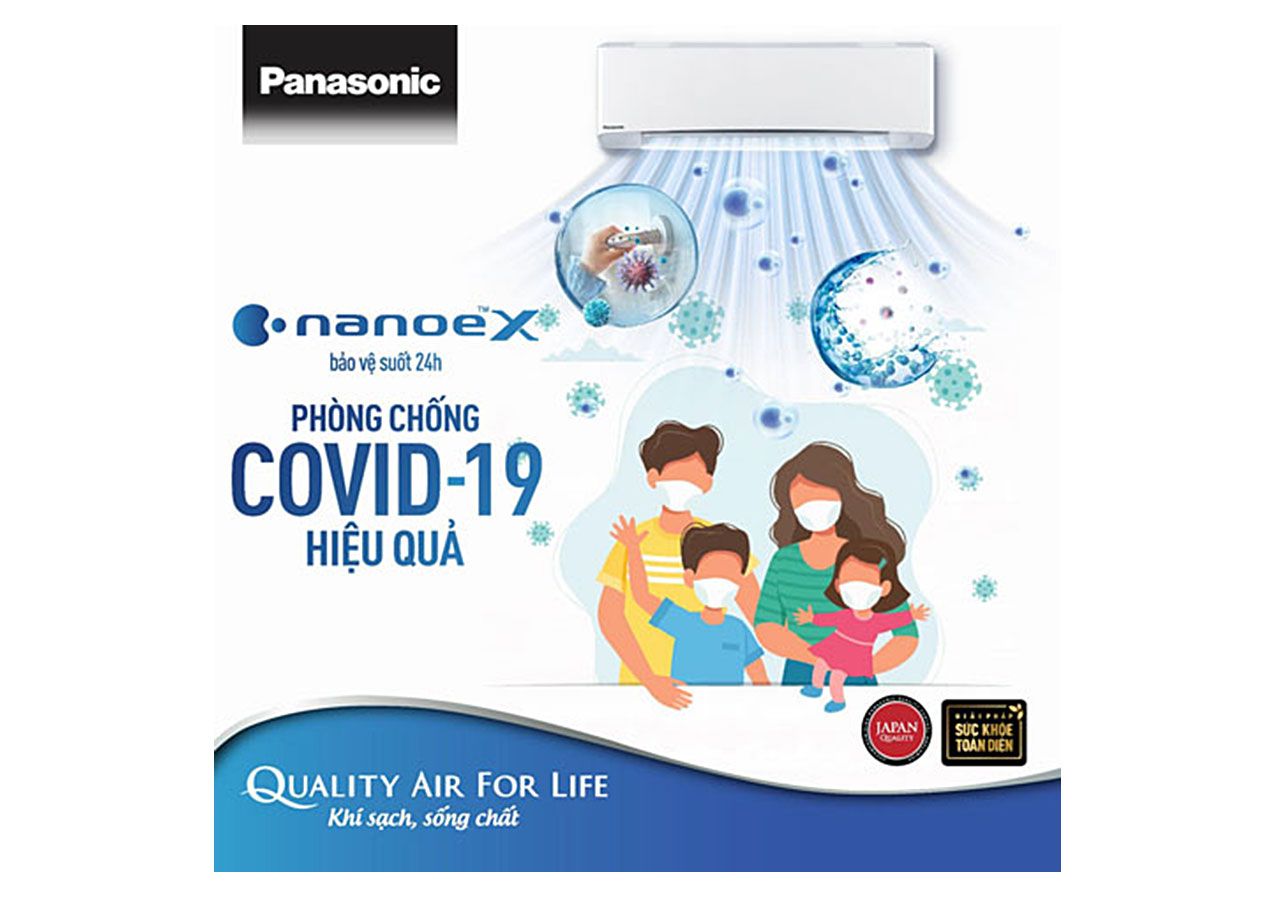
Note:
*1: Texcell is a global research organization specializing in virus testing, virus removal, immunoprovision, research, and development of GMP cell banks for R&D, GClP, GLP projects, and GMP.
With over 30 years of experience and based at the Institut Pasteur in Paris, Texcell is recognized for its expertise in virology with a wide range of procedures for detecting potential agents.
Texcell was the first institution of the Institut Pasteur Paris, founded in 1997.
